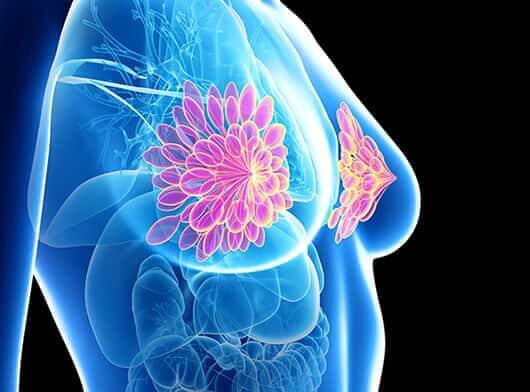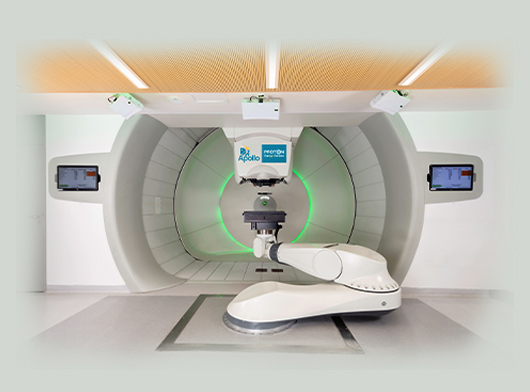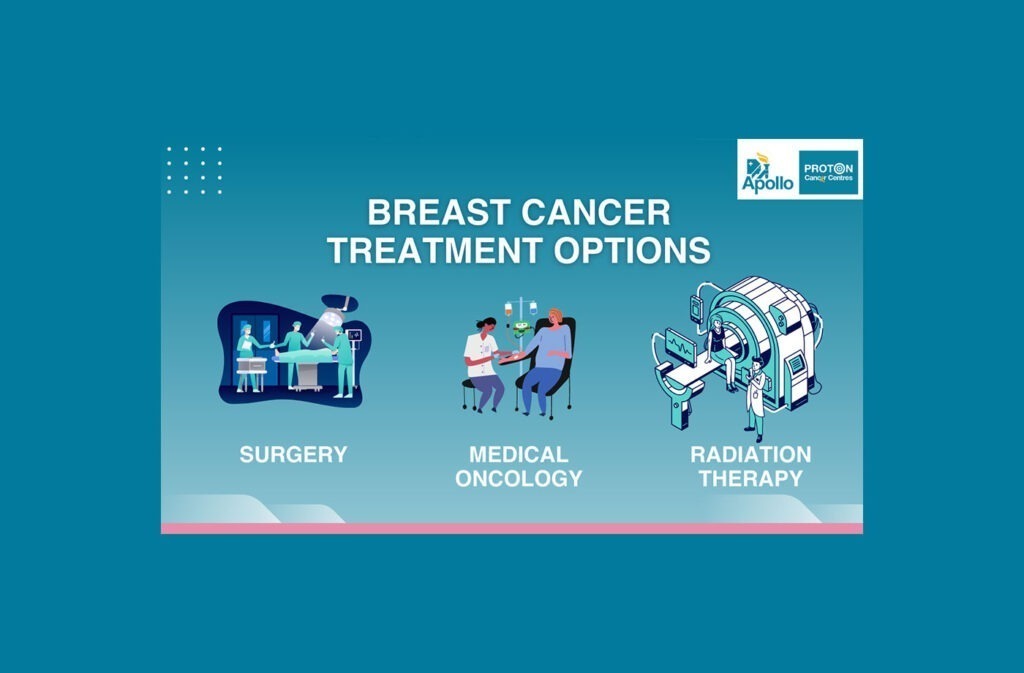For patients seeking high-quality yet affordable breast cancer treatment, medical tourism offers access to internationally accredited cancer centers in countries like India, Turkey, Thailand, and Germany. These destinations provide cutting-edge therapies—including robotic surgery, advanced radiation (proton therapy), and immunotherapy—at 30-70% lower costs compared to Western countries.

Doctor(s):
Country: -
City: SURAT
Visa: Yes
Hotel: 3 star, 5 star
Transfer: Yes
Translator: Yes
Language: -
Hospital:
Price: From: 300.00$
Hospital/Clinic:
Doctor(s):
-Country: -
City: SURAT
Visa: Yes
Hotel: 3 star, 5 star
Transfer: Yes
Translator: Yes
Language: -
Price: From: 300.00$

Doctor(s): Dr. Prasad E
Country: -
City: Chennai
Visa: Yes
Hotel: 3 star, 4 star, 5 star
Transfer: Yes
Translator: Yes
Language: Arabic, English, Persian
Hospital:
Price: From: 119.00$
Hospital/Clinic:
Doctor(s):
Country: -
City: Chennai
Visa: Yes
Hotel: 3 star, 4 star, 5 star
Transfer: Yes
Translator: Yes
Language: Arabic, English, Persian
Price: From: 119.00$

Doctor(s): Dr. Sapna Nangia
Country: -
City: Chennai
Visa: Yes
Hotel: 3 star, 4 star, 5 star
Transfer: Yes
Translator: Yes
Language: Arabic, English, Persian
Hospital:
Price: From: 119.00$
Hospital/Clinic:
Doctor(s):
Country: -
City: Chennai
Visa: Yes
Hotel: 3 star, 4 star, 5 star
Transfer: Yes
Translator: Yes
Language: Arabic, English, Persian
Price: From: 119.00$

Doctor(s):
Country: -
City: Unknown
Visa: Yes
Hotel: 3 star, 4 star, 5 star
Transfer: Yes
Translator: Yes
Language: Arabic, English, Persian
Hospital:
Price: From: 100.00$
Hospital/Clinic:
Doctor(s):
-Country: -
City: Unknown
Visa: Yes
Hotel: 3 star, 4 star, 5 star
Transfer: Yes
Translator: Yes
Language: Arabic, English, Persian
Price: From: 100.00$

Doctor(s):
Country: -
City: Unknown
Visa: Yes
Hotel: 3 star, 4 star, 5 star
Transfer: Yes
Translator: Yes
Language: Arabic, English, Persian
Hospital:
Price: From: 100.00$
Hospital/Clinic:
Doctor(s):
-Country: -
City: Unknown
Visa: Yes
Hotel: 3 star, 4 star, 5 star
Transfer: Yes
Translator: Yes
Language: Arabic, English, Persian
Price: From: 100.00$

Doctor(s):
Country: -
City: Unknown
Visa: Yes
Hotel: 3 star, 4 star, 5 star
Transfer: Yes
Translator: Yes
Language: Arabic, English, Persian
Hospital:
Price: From: 100.00$
Hospital/Clinic:
Doctor(s):
-Country: -
City: Unknown
Visa: Yes
Hotel: 3 star, 4 star, 5 star
Transfer: Yes
Translator: Yes
Language: Arabic, English, Persian
Price: From: 100.00$

Doctor(s): Dr. Manjula Rao
Country: -
City: Chennai
Visa: Yes
Hotel: 3 star, 4 star, 5 star
Transfer: Yes
Translator: Yes
Language: Arabic, English, Persian
Hospital:
Price: From: 119.00$
Hospital/Clinic:
Doctor(s):
Country: -
City: Chennai
Visa: Yes
Hotel: 3 star, 4 star, 5 star
Transfer: Yes
Translator: Yes
Language: Arabic, English, Persian
Price: From: 119.00$

Doctor(s):
Country: -
City: Unknown
Visa: Yes
Hotel: 3 star, 4 star, 5 star
Transfer: Yes
Translator: Yes
Language: Arabic, English, Persian
Hospital:
Price: From: 100.00$
Hospital/Clinic:
Doctor(s):
-Country: -
City: Unknown
Visa: Yes
Hotel: 3 star, 4 star, 5 star
Transfer: Yes
Translator: Yes
Language: Arabic, English, Persian
Price: From: 100.00$
Breast oncology is a specialized field of medicine focused on the prevention, diagnosis, and treatment of breast cancer—the most common cancer among women worldwide. With advancements in early detection, personalized medicine, and minimally invasive treatments, survival rates continue to improve.
Modifiable Risks:
🔹 Prevention Tips:
Early detection through regular screenings and access to advanced treatments significantly improves outcomes. If you or a loved one is facing breast cancer, consult a multidisciplinary oncology team for the best care plan.